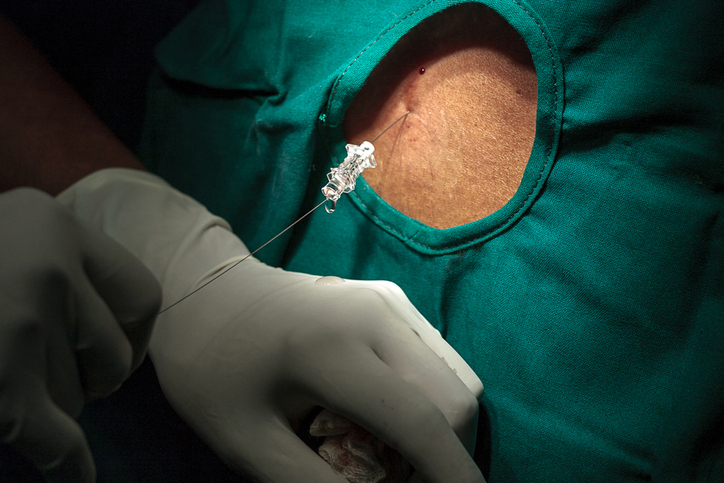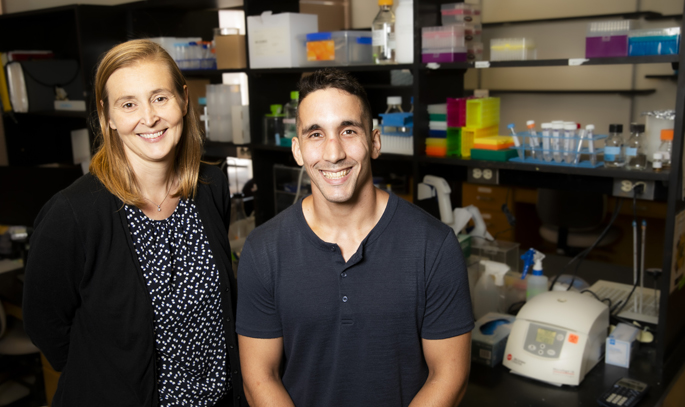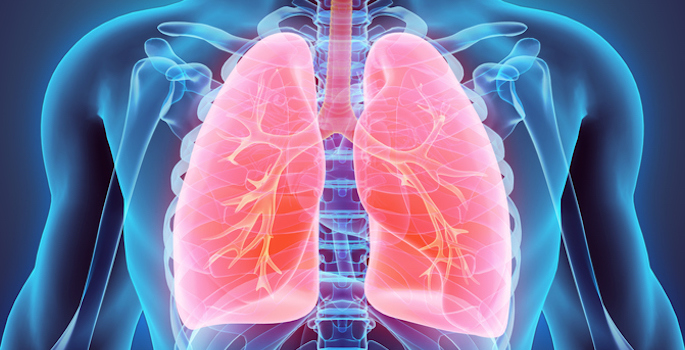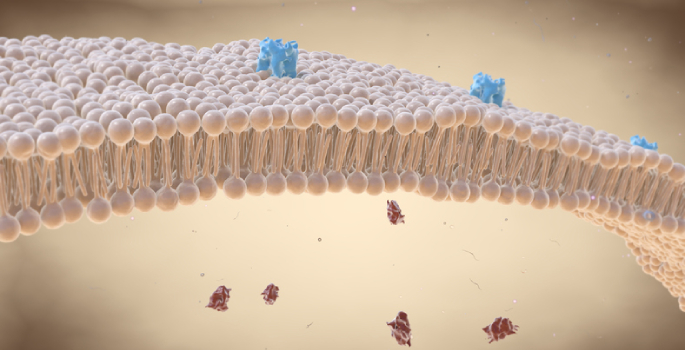NIH
-

Low-flow cerebrospinal fluid in Huntington’s disease: study
Vanderbilt researchers found reduced net flow of cerebrospinal fluid in Huntington’s disease, which could contribute to mutant protein retention and altered responsiveness to medications delivered via the spinal cord. Read MoreSep 7, 2023
-

MicroRNAs in immune cells help protect against metabolic defects in obesity: study
Vanderbilt researchers have demonstrated that a cluster of microRNAs — small pieces of RNA that regulate gene expression — work in a type of immune cells called macrophages to help protect against metabolic defects in obesity. Read MoreSep 5, 2023
-

Engineering doctoral students, postdoctoral researchers awarded prestigious NIH fellowships
Biomedical engineering graduate students and postdoctoral researchers are recipients of highly competitive Ruth L. Kirschstein Predoctoral Individual National Research Service Awards from the National Institutes of Health and NIH Individual Predoctoral to Postdoctoral Fellow Transition Awards. A majority of the students are in the Vanderbilt Medical Scientist Training Program (MSTP) and are researchers in labs... Read MoreAug 24, 2023
-

DeVane-Johnson receives NIH grant to address breastfeeding disparities
Vanderbilt University School of Nursing Associate Professor of Nursing Stephanie DeVane-Johnson, PhD, MSN’97, CNM, FACNM, has been awarded a two-year Diversity Supplement grant from the National Institute on Minority Health and Health Disparities (NIMHD). The National Institute of Health (NIH) supplement supports early career researchers of color by providing mentorship, training and career development opportunities... Read MoreJul 5, 2023
-

Tracking lung macrophages
A new technique will allow researchers to track subsets of immune cells that patrol and defend the lungs, to better understand the roles of these cells during lung inflammation, infection and injury. Read MoreMay 4, 2023
-

Better adenoma detection
Fluorescent nanoparticles clearly identified colonic adenomas — precursors to colorectal cancer — in mice, and the formulation should translate to clinical use in humans. Read MoreMay 4, 2023
-

Study details RNA editing in virus-infected cancer cells
Vanderbilt researchers detail the landscape of RNA editing — a form of RNA modification — in primary effusion lymphoma cells during Kaposi’s sarcoma-associated herpesvirus infection and identify an edited viral microRNA that is critical for infection. Read MoreApr 20, 2023
-

Vanderbilt computer scientist wins $3M grant to expand toolkit that tracks fetal growth during pregnancy
One way to monitor a healthy pregnancy is tracking placental growth because a healthy placenta is crucial for a healthy baby. However, there are no practical tools to monitor placental development—to ensure proper fetal growth—into clinical care. Vanderbilt University computer scientist and grant PI Ipek Oguz aims to expand a medical image analysis tool she... Read MoreMar 13, 2023
-

VISE affiliate receives prestigious NIH award for her research on Alzheimer’s Disease
Biomedical engineering doctoral student Sarah Goodale has been awarded a National Institute on Aging Transition to Postdoc Fellowship for her proposed work on investigating fatigue and sleep disturbance symptoms in Alzheimer’s Disease and their relationship with functional and structural properties of the brain and intellectual decline. The National Institutes of Health NIA F99/K00 award supports... Read MoreNov 3, 2022
-

Audrey Bowden receives NIH funding to develop point-of-care detection of jaundice in newborns
Audrey Bowden, Dorothy J. Wingfield Phillips Chancellor’s Faculty Fellow and associate professor of biomedical and electrical engineering, has won a grant from the National Institute of Biomedical Imaging and Bioengineering to develop a novel noninvasive smartphone-integrated device to provide accurate, point-of-care detection of jaundice in newborns of all skin tones. Audrey Bowden Newborns have immature... Read MoreOct 13, 2022
-

Policy, resources crucial for lung cancer screening: study
Vanderbilt reseach shows that resources for lung cancer screening programs increased the number of veterans screened. Read MoreSep 29, 2022
-

Study identifies key player in T cell “education”
New Vanderbilt research could inform therapeutic strategies for enhancing thymic function when desired — such as during aging, recovery from radiation therapy or chemotherapy, or other conditions that reduce T cell output. Read MoreSep 1, 2022
-

Study describes how E. coli co-opts cells, causes recurrent UTIs
Researchers at Vanderbilt University Medical Center have discovered why the uropathogenic bacterium E. coli, the leading cause of urinary tract infections, is so tenacious; their findings could lead to new ways to prevent recurrent UTIs. Read MoreAug 25, 2022
-

Nanoparticles boost anti-cancer immunity
by Bill Snyder The growth of epithelial ovarian cancer, one of the most lethal malignancies, is associated with the presence of tumor-associated macrophages (TAMs), white blood cells that can block the anti-cancer activity of the immune system and immunotherapy. Fortunately, TAMs can be “repolarized,” converted from immunosuppressive tumor-promoters to inflammatory tumor-fighters. Now, Associate Professor of Pharmacology Fiona Yull,... Read MoreAug 16, 2022
-

Study measures Alzheimer’s risk reductions associated with healthy lifestyles
Reported June 13 in Neurology, an Alzheimer’s disease risk study from Vanderbilt University Medical Center measures significantly reduced risk associated with healthy lifestyles, including non-smoking, leisure-time exercise, low-to-moderate alcohol consumption, adequate sleep and healthy diet. Read MoreJun 13, 2022
-

Study identifies first cellular “chaperone” for zinc, sheds light on worldwide public health problem of zinc deficiency
A team led by Vanderbilt researchers has described and characterized the first zinc metallochaperone: a protein that puts zinc into other “client” proteins. Read MoreMay 17, 2022
-

Studies combine genetic testing, electronic health records to find undiagnosed diseases
Combining genetic testing with information from electronic health records revealed undiagnosed heart rhythm disorders and new conditions associated with inherited cancer gene mutations. Read MoreApr 28, 2022
-

Study advances understanding of bacterial bioterrorism agent
Vanderbilt researchers have identified a critical regulatory factor in the bacterium that causes the disease anthrax and has been used as a biological weapon. Read MoreApr 7, 2022
-

Research Snapshot: Biochemical technique for finding small molecules discovered by Vanderbilt and University of Virginia researchers
A team including the Sanders lab developed a new methodology for finding small molecules associated with lipid rafts, an essential part of cell structure and regulation. Read MoreMar 28, 2022
-

High blood pressure genes improve heart surgery survival in children
Vanderbilt researchers have found that children with a genetic makeup that predicts high blood pressure as adults are more likely to survive congenital heart defect repair surgery. Read MoreMar 24, 2022